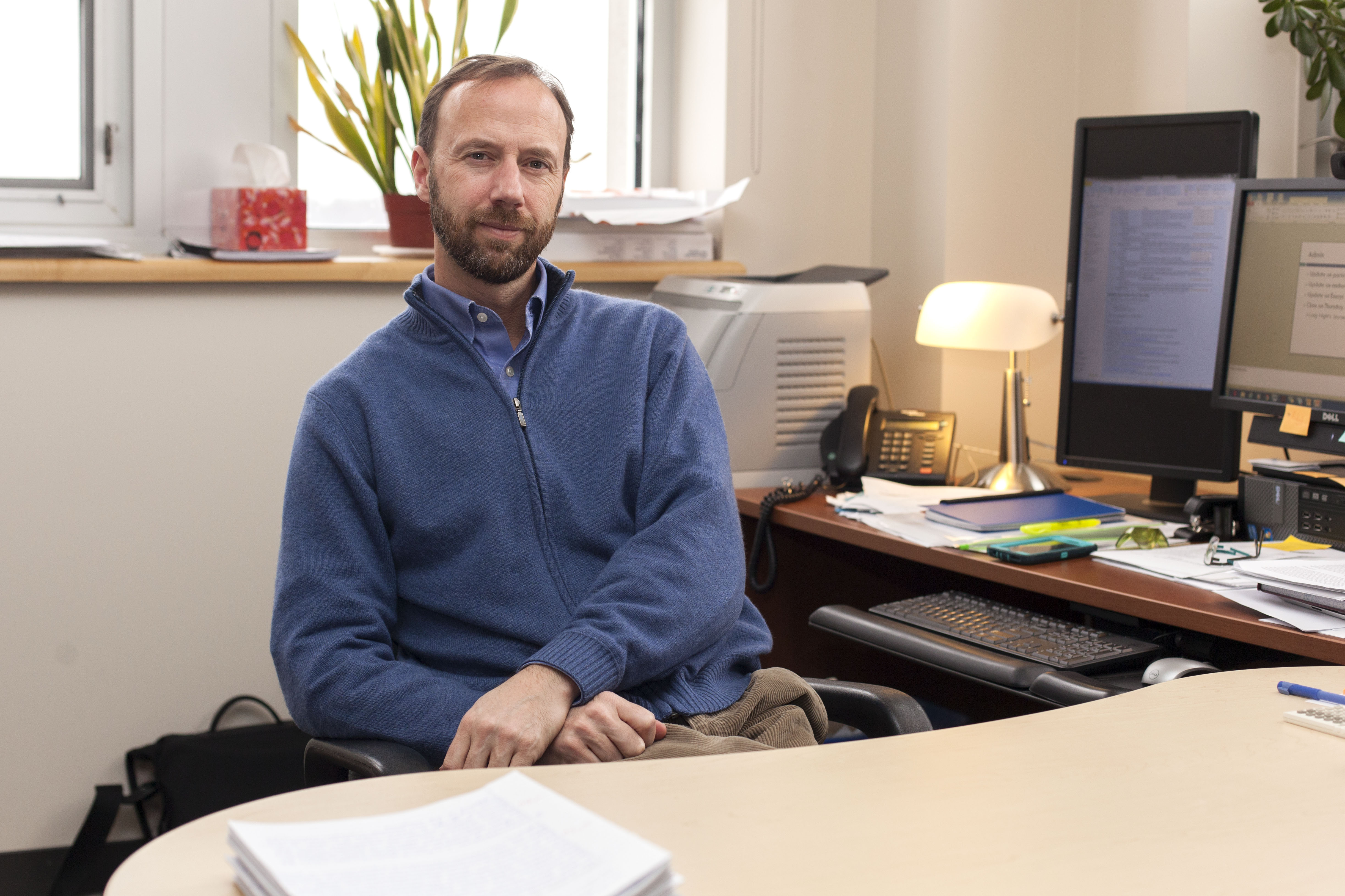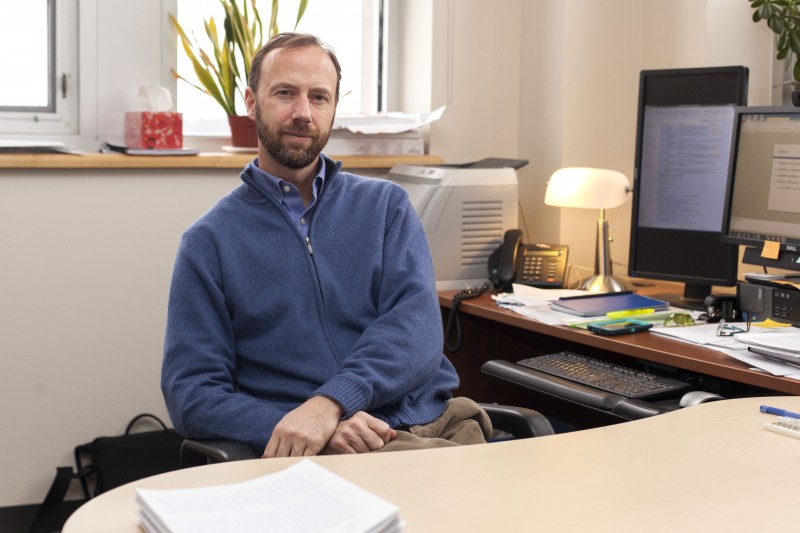New interim coordinator for the Canadian Association for Peace and Conflict Studies

Chair of WLU global studies department appointed as interim coordinator

Timothy Donais, the chair of Wilfrid Laurier University’s global studies department, has been appointed as interim coordinator of the newly formed Canadian Association for Peace and Conflict Studies. Donais has been serving in this position since last summer, when the association was officially formed, and has been working over the past year with its other members to further develop the Canadian Association for Peace and Conflict Studies.
“It’s essentially an academic association which is bringing together Canadian scholars and scholars working in Canada, primarily who are working in the areas of peace and conflict,” Donais explained.
“As well as we’re hoping to draw in people working, practitioners working, in the areas of conflict resolution and alternative dispute resolution.”
The idea for an association concerning peace and conflict studies was born at a gathering of academics in Ottawa a number of years ago, which was then further fleshed out at the first annual Peace and Conflict Studies Conference, held last summer in Winnipeg.
“We realized at that meeting that there was a growing number of programs and a growing number of scholars working on peace and conflict issues in the Canadian context, but there was no real single association which brought us all together on a regular basis to be able to compare our work, to be able to speak together, to be able to sort of create opportunities for us to work together,” said Donais.
Peace and conflict studies is a central theme within the department of global studies, of which Donais is both chair and professor.
Donais has also been involved in a decade-long research project funded by the Social Sciences and Humanities Research Council of Canada, it primarily looks at the role of local and international groups regarding peace implementation in post-war nations such as Afghanistan, Haiti and Bosnia.
“It’s, you know, looking at these questions of local ownership, which really is about the relationship between the international community and international actors, and both the citizens and the government and the civil societies of conflict affected states,” said Donais.
“It’s basically asking the question of who actually gets to decide on how peace is built and what the priorities of peace building should be.”
In its role as an entity for scholarly work, the association is hoping to partner with outside organizations in a bid to run conferences for individuals within the field
The conferences will create an opportunity for students to become a part of the association and immerse themselves into the field of peace and conflict studies.
“We’ll certainly be encouraging students to take part, because we want to grow the field of peace and conflict studies in Canada,” said Donais. “In the context of having a new government which claims that Canada is back on the international stage, there are a lot of important and interesting issues that Canadians can contribute to, both in our role in international peace and security and peace in a domestic context.”

